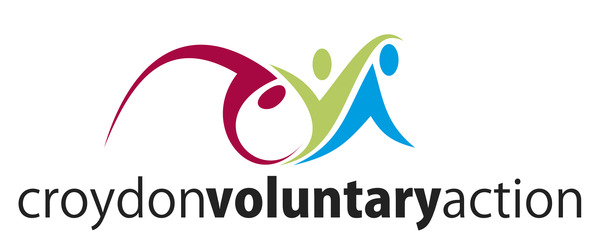Ben Taylor, Food Roots Coordinator at Croydon Voluntary Action, shares his thoughts on supporting young people struggling with food insecurity.
Today, I had the privilege of attending an insightful call hosted by the Co-op in collaboration with Barnardo's, focusing on their recent report, A Recipe for Success: How do children and young people want to access food in their communities?
The discussion shed light on the growing crisis of food insecurity among young people across the UK and emphasised the need for coordinated action to ensure all young people have access to nutritious food.
Key Insights from the Report
The report, launched as part of Barnardo's and Co-op's ongoing partnership, highlights the significant barriers young people face in accessing food. Rising living costs, funding cuts, and the stigma attached to food support services mean that many young people are going without the essentials they need to thrive. Some key findings include:
- Cost is a major barrier: Young people consistently expressed concerns about the affordability of food and the increasing pressure on household budgets.
- Holiday hunger remains a pressing issue: Many young people struggle to access food outside of term time, with current programs often not catering to older teenagers.
- Community spaces need better integration with food support services: Young people value places where they can share meals, learn cooking skills, and access support in a dignified way.
- Cooking skills are in demand: There is a strong desire among young people to learn how to cook healthy meals, but limited opportunities exist to do so in their communities.
The Role of Local Authorities in Addressing Food Insecurity
One of the key takeaways from the discussion was the vital role that local authorities play in delivering effective food support programs. Local councils have the infrastructure and connections needed to establish Local Food Partnerships (LFPs) , which bring together businesses, charities, and community groups to create sustainable solutions for food access.
To successfully tackle food poverty, local authorities should:
- Establish Local Food Partnerships: Councils should prioritise forming LFPs that actively involve young people in decision-making to ensure services meet their needs.
- Expand Food Support in Youth Services: Ensuring that youth clubs, after-school programs, and Family Hubs include food provision as a core component of their services.
- Support Discount Schemes: Collaborating with retailers to expand access to food discount programs for young people, particularly those living independently.
- Address Holiday Hunger: Extend eligibility for holiday food programs and tailor initiatives to be inclusive of older teenagers who often fall through the gaps.
Bringing the Community Together
The call highlighted inspiring examples of community-led initiatives, such as the Takeaway
Tuesdays program in Plymouth, where young people come together to cook meals using surplus food. These initiatives not only provide meals but also build valuable life skills and foster a sense of community.
As someone involved in tackling food poverty in Croydon, this report and discussion serve as a powerful reminder of the importance of collaboration and community-driven solutions. By working together with local authorities, businesses, and charities, we can create a system that ensures no young person goes hungry.
Next Steps
It's essential to continue advocating for support at both local and national levels. Engaging with policymakers, leveraging community resources, and supporting young people to take an active role in shaping food programs are critical steps towards long-term change.
If you are a local council representative, community leader, or concerned citizen, now is the time to get involved. Let's work together to build food-secure communities where every young person has access to the nutrition they need to succeed.
